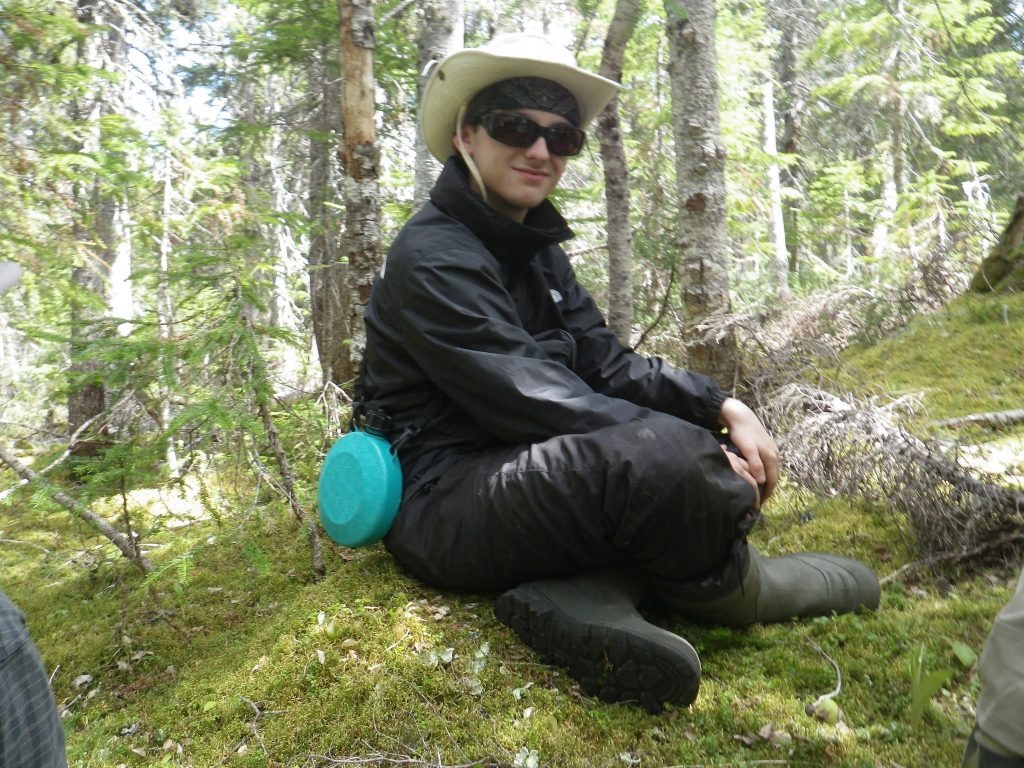
I am currently entering my third year of studies towards a Joint BSc (hons) in Applied Mathematics and Earth Science. My academic interests are in environmental modelling, using geological and geophysical data, and its applications in interpreting largescale environmental interactions in relation to increased atmospheric carbon. I began working with Dr. Ziegler on the NL-BELT project as an undergraduate research assistant in the winter of 2016. My role consisted of assisting in experimental biogeochemical procedures that would provide information about the elemental makeup and carbon abundance of soil samples that were taken at suitable sites along the NL-BELT lateral transect. I am continuing in this position through the summer of 2017, researching and studying the underlying geology along the NL-BELT latitudinal transect to assess the role of the underlying till and bedrock geology in controlling mineral soil and stream water geochemistry. To accomplish this, I will be assisting in gathering till, bedrock and soil samples at sites along the NL-BELT transect. The samples will be brought back to the Biogeochemical Laboratory at Memorial University for further testing. This testing will first consist of determining the elemental makeup of each sample through chemical procedures that extract and isolate elements. Mineral soil samples will then be analyzed to determine the relative abundance of organic carbon and then be related back to ecosystem and soil features including mineralogy, clay content and surface area. With the data gathered in these procedures a geochemical model will be produced, using the software Phreak, to predicted weathering product concentrations based upon geology and climate and compare these to a four year record of stream weathering products along the NL-BELT. Any differences between what is predicted and measured will provide evidence for indirect climate effects such as productivity and organic matter fluxes that could further enhance weathering with climate change.Previously, I have worked as a lab assistant in the geotechnical division of the Centre for Cold Ocean’s Research (C-CORE) in St. John’s, Newfoundland. In this position, I worked to determine the optimal aggregate compounds for use in pipeline construction projects based on the stress-strain relationship imposed by the thermal expansion and compaction of an alternatingly active pipeline. I am also currently an undergraduate representative for the Memorial University of Newfoundland chapter of the Society of Explorative Geophysicists (SEG).
You can reach me via email at: zwg107@mun.ca
Awards: Ree’s Scholarship in Earth Science (2016)